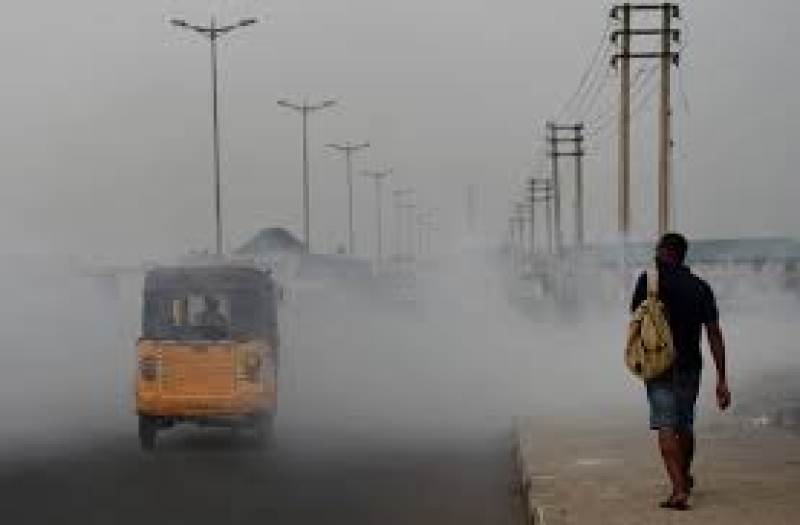- India Sees 9% Drop in Foreign Tourists as Bangladesh Visits Plunge |
- Dhaka Urges Restraint in Pakistan-Afghan War |
- Guterres Urges Action on Safe Migration Pact |
- OpenAI Raises $110B in Amazon-Led Funding |
- Puppet show enchants Children as Boi Mela comes alive on day 2 |
Dhaka’s air marks ‘unhealthy’ even on Eid holiday

Dhaka, the overcrowded capital city of Bangladesh, has ranked eighth on the list of cities with the worst air quality with an AQI score of 135 at 9:40am this morning (June 10, 2025).
Today’s air was classified as ‘unhealthy,’ referring to a health concern, according to the AQI index.
Though the capital Dhaka witnessed low pressures of vehicles on the streets and movement of people on the occasion of the Eid-ul-Azha, the air quality continued unhealthy for the past few days, growing concerned over the health.
When the AQI value for particle pollution is between 50 and 100, air quality is considered ‘moderate’, usually sensitive individuals should consider limiting prolonged outdoor exertion, between 101 and 150, air quality is considered ‘unhealthy for sensitive groups’, between 150 and 200 is ‘unhealthy’, between 201 and 300 is said to be 'very unhealthy', while a reading of 301+ is considered 'hazardous', posing serious health risks to residents.
India’s Delhi, Iraq’s Bagdad and Kuwait’s Kuwait City cities respectively occupied the first, second and third spots on the list, with AQI scores of 174, 157 and 153 respectively.
The AQI, an index for reporting daily air quality, informs people how clean or polluted the air of a certain city is and what associated health effects might be a concern for them.
The AQI in Bangladesh is based on five pollutants: particulate matter (PM10 and PM2.5), NO2, CO, SO2, and ozone.
Dhaka has long been grappling with air pollution issues. Its air quality usually turns unhealthy in winter and improves during the monsoon.
As per World Health Organization (WHO), air pollution kills an estimated seven million people worldwide every year, mainly due to increased mortality from stroke, heart disease, chronic obstructive pulmonary disease, lung cancer, and acute respiratory infections, reports UNB.

